Second Guatemalan School of Astrophysics
Our Dark Universe: Galaxies, Dark Matter, Dark Energy and High Precision Cosmology
Antigua Guatemala, November 30th - December 4th 2015
Presentation
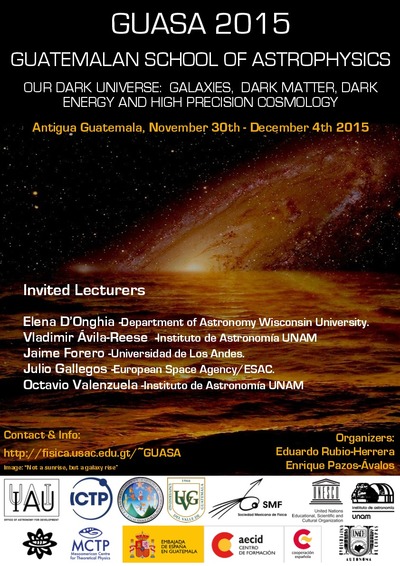 |
| Click to see full size. |
The Second GUAtemalan School of Astrophysics (GUASA) focuses on the cutting edge developments and discoveries related to Cosmology. There will be lectures that will cover a wide range of topics related to this exciting and developing branch of astrophysics. Starting with dynamics, evolution and simulation of galaxies. We will go deeper in our current understanding of cosmology addressing topics such as structure formation, the role of dark matter in galaxy formation and the role of dark energy in the understanding of the big picture of our universe. Last but not least, we will hold a series of sessions in which we will discuss the current status about high-precision cosmology from the recent data taken by the Planck satellite.
The school will welcome a maximum of 40 undergraduate and young graduate students and will provide a unique opportunity for the participants to broaden their knowledge in this exciting field of astronomy.
The school will be approximately 50% in English and 50% in Spanish language.
Scientific Rationale
We launch the second GUAtemalan School of Astrophysics (GUASA) to be held in Guatemala every two years. The school aims to bring together local Central American/Caribbean advanced undergraduate students of physics, mathematics and engineering, with experts from prestigious astronomical institutions from around the world. We aim for the highest standard of lecturers and students as participants.
During everyone of its editions, we expect to cover a wide range of modern topics in Astrophysics in order to motivate the students of the Mesoamerican region to pursue major degrees in Astronomy elsewhere. We hope that this school will contribute to create a critical mass of professional astronomers/astrophysicists in the region along with the conditions needed for research, thus leading to the creation of strong astrophysics departments in the Universities of the region. In the future, after a few editions of GUASA, we hope to be able to include lecturers from the local academic community.
As a complementary activity of every edition of GUASA, we will also organize outreach activities for the general public, such as public lectures followed by observations using small telescopes. These activities will encourage children and teenagers to get closer to science and to continue their studies aiming for higher education.
Invited Lecturers
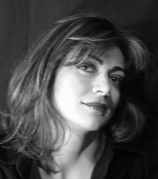 |
Elena D'Onghia Astronomy Department Wisconsin University Research: Dynamics of galaxies. I learn about fundamental physics by studying the dynamics and formation of galaxies using analytic methods and numerical simulations. |
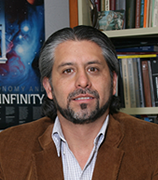 |
Vladimir Avila-Reese Institute of Astronomy UNAM Research: Extragalactic astronomy, cosmology, astrophysics. Formation and evolution of galaxies, dark matter and dark energy, star formation, gamma ray bursts. |
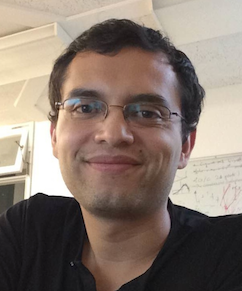 |
Jaime Forero Romero Universidad de los Andes Research: Theoretical aspects of galaxy formation and evolution: What physical processes did shape the youngest galaxy generations? How did the Milky Way form? What is the impact of the cosmic web on the formation and evolution of galaxies? |
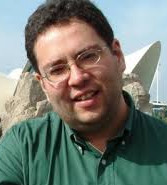 |
Julio Gallegos Alvarado European Space Astronomy Centre European Space Agency Research: Development of algorithms for component separation and cosmological parameter extraction. Brown dwarf detection in optical surveys. Hyperspectral imaging (astronomical and Earth observation applications). |
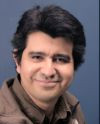 |
Octavio Valenzuela Institute of Astronomy UNAM Research: Observational tests to cosmological predictions and to dark matter and dark energy properties. Galaxy formation and evolution. Numerical simulations in astrophysics. |
Grants for Students
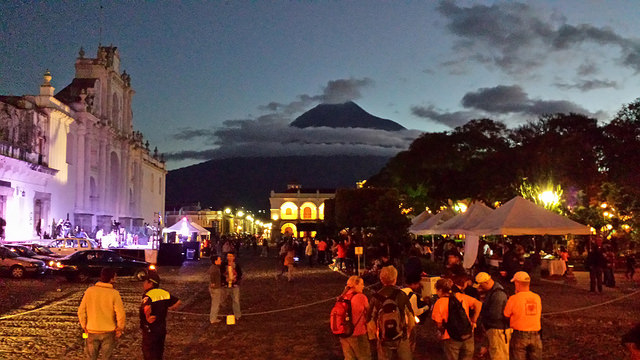 |
| Antigua Guatemala (Foto: John Fitzpatrick) |
We have limited funds to partially support the living expenses for a number of students. The grant will cover the stay (housing, breakfast, lunch) of the selected students in Antigua.
The school will have no cost. Only students selected by the organizing committee can attend.
Applying procedure. Send the following documents in electronic (pdf) format to guasa@fisica.usac.edu.gt
- One letter of recommendation
- Scanned Pdf version of your transcripts or grades extended from your University .
- A 2 page statement in English, 12 pt, explaining us your motivations to apply and to join the School.
- DEADLINE FOR APPLICATION IS SEPTEMBER 20 2015
Organizing Committee
- Dr. Eduardo Rubio-Herrera, USAC/UVG
- Dr. Enrique Pazos Avalos, USAC
Scientific Organizing Committee
- Dr. William Lee Alardin
- Dr. Dany Page
- Dr. Enrico Ramírez-Ruiz
- Dr. Rodrigo Sacahuí-Reyes
Important
- Documents must be sent electronically in PDF format to guasa@fisica.usac.edu.gt
- Incomplete applications will not be considered
- Accepted students will be notified by email. The participants list will be published by mid October the latest.
- Accepted students will be awarded a grant that covers housing, breakfast and lunch. Travel expenses from the origin city to Antigua Guatemala will be covered by the student.
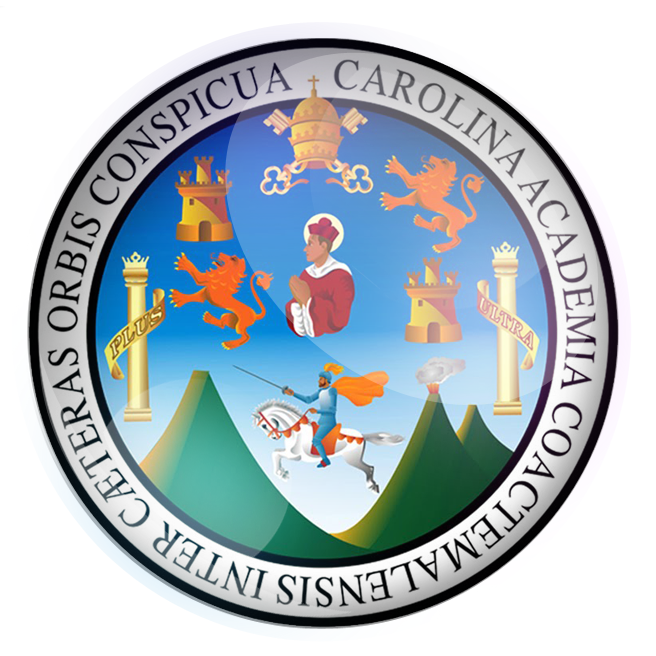 |
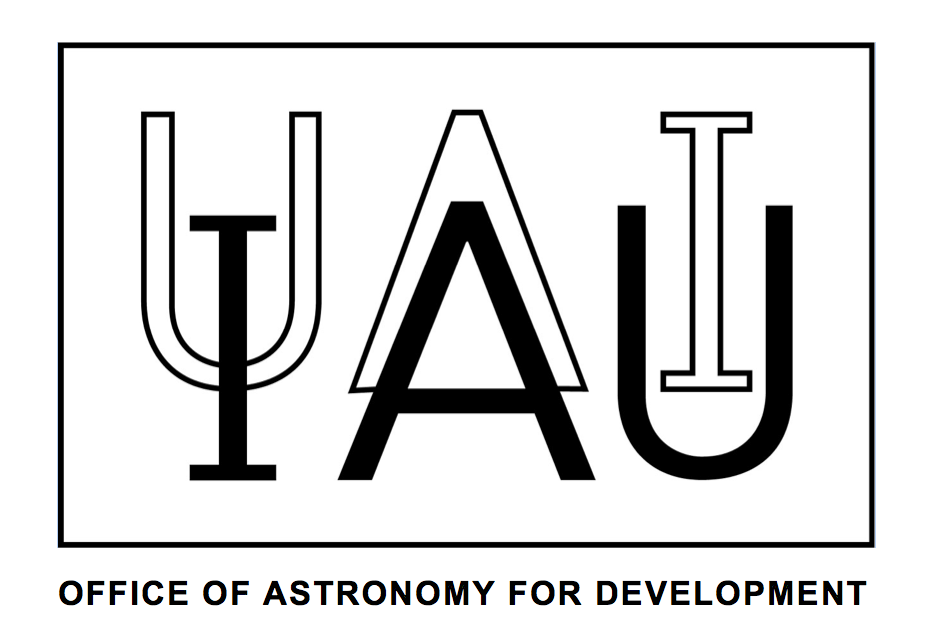 |
 |
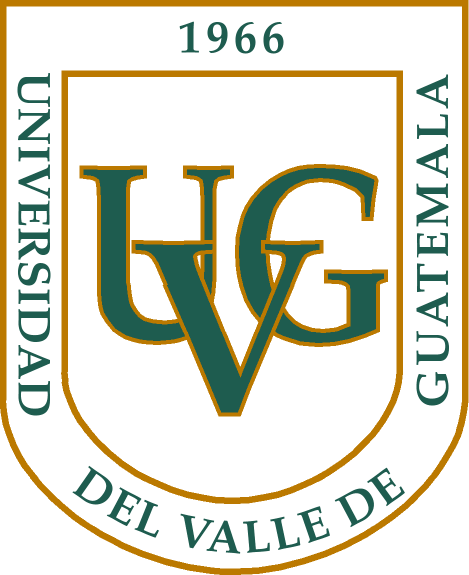 |
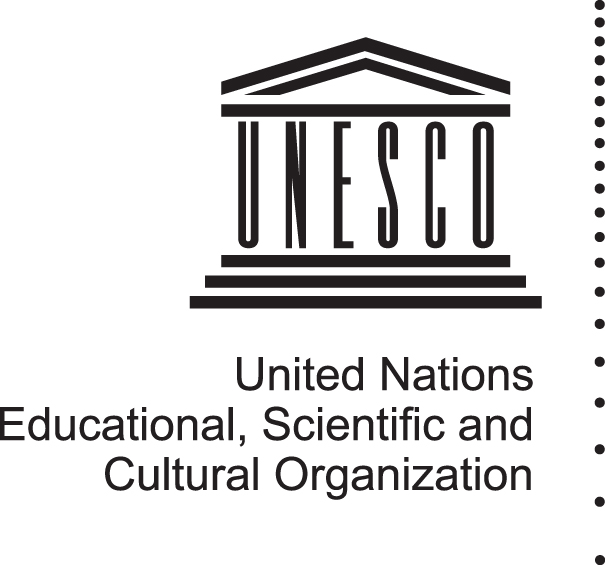 |
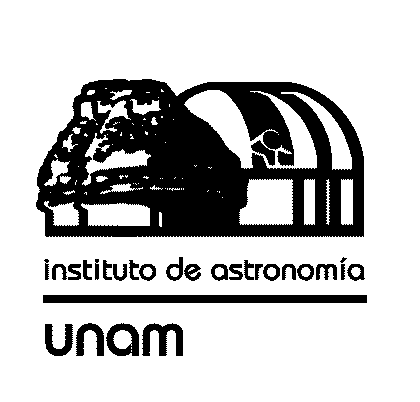 |
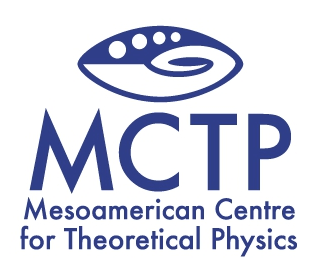 |
 |
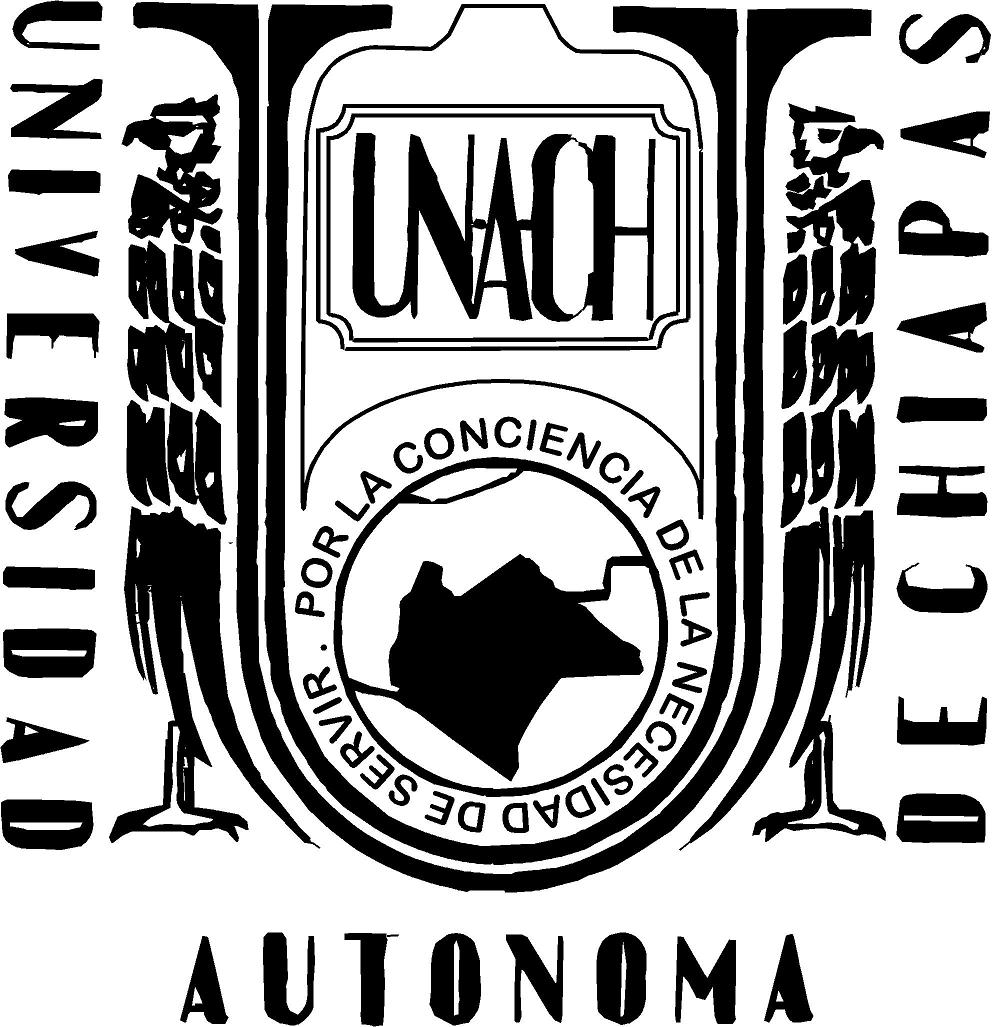 |